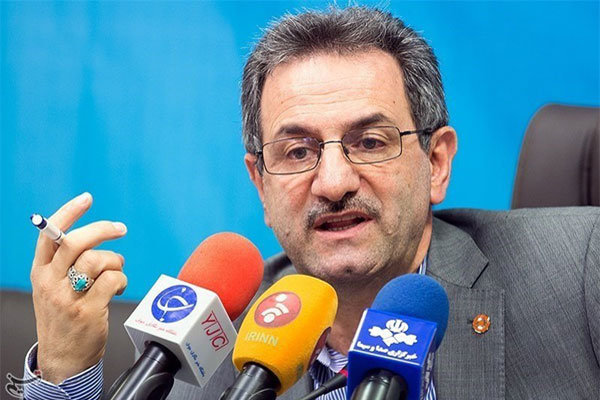Iran reinitiates therapeutic communities to treat drug use disorder

TEHRAN — Iran has reinitiated therapeutic communities (TCs) to treat substance use disorders (SUDs), the director of the Welfare Organization said on Friday.
Therapeutic communities was first launched in January 2001 in Iran but were forgotten for some 10 years, ISNA quoted Anoushirvan Mohseni- Bandpey as saying. “However, we have established some 17 TCs in the country over the past year.”
TCs are a common form of long-term residential treatment for SUDs. Residential treatment for SUDs emerged in the late 1950s out of the self-help recovery movement. Some such groups evolved into self-supporting and democratically run residences to support abstinence and recovery from drug use.
During the 1960s, the first generation of TCs spread throughout areas of the United States, and today the TC approach has been adopted in more than 65 countries around the world.
Historically, TCs have seen themselves as a mutual self-help alternative to medically oriented strategies to address addiction and most have not allowed program participants to use medications of any kind, including medications such as methadone (a long-acting opioid agonist medication shown to be effective in treating opioid addiction and pain).
Over the past 30 years, TCs’ attitudes toward medications have gradually evolved, reflecting changing social attitudes toward addiction treatment and the scientific recognition of addiction as a medical disorder.
A growing number of TCs now take a comprehensive approach to recovery by addressing participants’ other health issues in addition to their SUDs, incorporating comprehensive medical treatment and supporting participants receiving medications for addiction treatment or for other psychiatric disorders.
Moreover, Mohseni-Bandpey mentioned that ‘drug treatment court model’ is being piloted in six provinces in association with the judiciary.
The first recognized drug court started in the State of Florida in the late 1980s. Since then jurisdictions across the globe have embraced the idea that criminal courts can function on a therapeutic model. This model organizes legal and therapeutic practices around the goal of curing drug addiction and thereby curtailing criminal activity.
MQ/MG
Leave a Comment